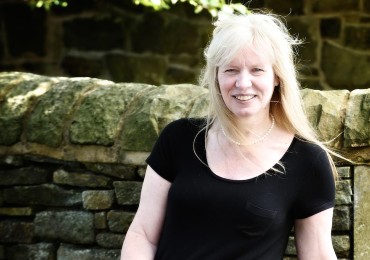Celebrating and reflecting on the milestone of our 100th Research Team Leader course, this is the first of three short conversations with Professor Karen Kirkby who contributed to the original design and delivery of the course in 2006, exploring:
-
the culture of research
-
why train researchers in leadership and teamwork?
-
the impact of leadership training on my career.
The culture of research
Shirley: The Wellcome Foundation Report published in 2020 found that Researchers feel that competition has created unkind and aggressive conditions in research culture; what do you think about that?
Karen: Research is very cut-throat and there is the potential for the abuse of power; often unwitting. It is very difficult for younger Researchers to say ‘No’ to their illustrious colleagues. Well-established Academics may also feel insecure and therefore unable to support the growth of others as much as they should. There is a tendency to shy away from uncomfortable facts: such as what is expected from Researchers. The hours they work and the range of skill they need is also unrealistic.
This is something I have to face with my team. We have night shifts and people can feel tired and grumpy and I need to make sure I am listening to them and what they need. The Research Team is a great source of support for individual Researchers. We have regular thinking meetings, where everyone is given the chance to speak; and we all listen.
From these meetings I am able to keep HR appraised of the challenges the Researchers on our projects are dealing with. They can provide help and guidance for early interventions if needed.
Shirley: The Concordat to Support the Career Development of Researchers; updated in 2019, speaks of four main stakeholders, Researchers, Managers of Researchers, Employers and the Research Councils. If the RTL team were lucky enough to facilitate a conversation between these stakeholders, what would you want to tell them?
Karen: In my view, the whole academic structure needs to change. It needs a complete shake-up. I don’t think universities recognise the contribution of Post-docs enough. Often Post-docs supervise Masters and PhD students; they teach and sometimes those hours are not logged to the Post-doc, but to the permanent member of staff. Recognising them on the system isn’t easy.
It is very difficult for a Post-doc to get a tenured position. That means that you have people unsure about where their next contract is coming from. Universities will say that the money is not there, but is that really the case? The teaching is happening, but being paid for by the Research Councils.
Shirley: You want a systemic way of recognising the work that they do?
Karen: Yes, and there is more than that. I would like to see a fair and transparent path for Post-docs to progress to a permanent position. If they have enough credit with publications and teaching that they can move to the next level. This will need some tough talking between institutions and Research Councils. We need multiple tracks for progression. You may have a brilliant researcher who is going to win you the Noble prize and you wouldn’t want to stifle them. Most people win the Nobel prize before they are 35. If those people are uncertain and worried about their future, busy with teaching and administration, they will not fulfil their potential. Let’s shake it up! What could be best for UK Research?
Professor Karen Kirkby
Professor Karen Kirkby holds the Richard Rose Chair for Proton Therapy Physics which is a joint appointment between the University of Manchester and The Christie NHS Foundation Trust. She is the research lead for proton therapy in Manchester, bringing together the research effort on proton therapy between the University, The Christie and the CRUK Major Centre as a part of £250m investment in proton therapy. She also represents the UK internationally.
Karen has a grant portfolio of over £28m with funding and over 200 papers in peer reviewed journals, including Nature and has also written for popular science magazines and the broadsheets.

The next cohort of Research Team Leadership in Changing Times takes place on 14-15 October 2021. Find out more